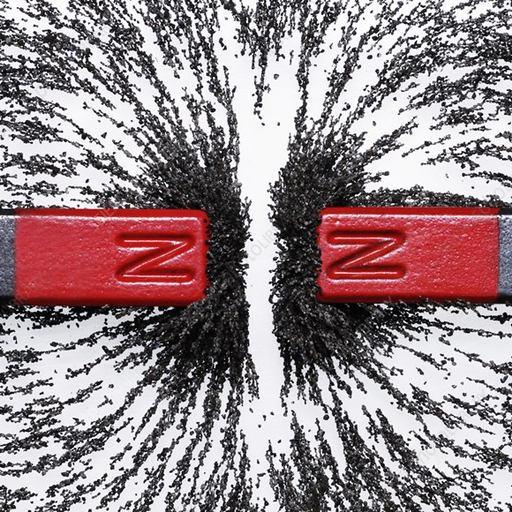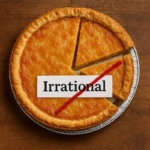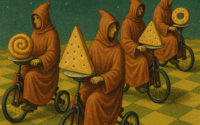Timekeeping in the Afterlife
Q1: Why doesn’t Heaven observe Daylight Savings Time?
A1: Heaven rejected Daylight Savings after a failed pilot program caused widespread metaphysical jet lag among the seraphim. The Divine Scheduling Committee concluded that eternity, by definition, cannot be optimized—especially not by mortals wielding wristwatches and seasonal anxiety.
Q2: What time is it in Heaven right now?
A2: It is always “now,” though the exact flavor of “now” depends on your spiritual bandwidth. Attempts to install clocks led to temporal recursion loops, one of which birthed jazz, déjà vu, and the concept of brunch.
Q3: Was Daylight Savings ever trialed in Paradise?
A3: Yes, briefly during the 14th century, when Heaven experimented with “Divine Efficiency Protocols.” The result was a misplaced apocalypse rehearsal, three saints arriving early to Judgment Day, and one angel inventing the snooze prayer—now considered heretical in most liturgical circles.
Q4: How do saints coordinate brunch without timezones?
A4: Brunch in Heaven is coordinated through divine intuition and a shared metaphysical calendar that syncs across grace fields. The calendar adjusts automatically for guilt, Gregorian drift, and the occasional miracle, ensuring no one ever arrives too early for mimosas or metaphysical discourse.
Q5: Does Hell observe Daylight Savings?
A5: Hell not only observes Daylight Savings—it weaponizes it. Clocks are set forward by six hours, then backward by seven, creating a loop of perpetual lateness, missed dentist appointments, and existential dread that doubles as ambient décor.
Q6: Can mortals sync their watches with Heaven?
A6: Only if their watches are metaphorical, handcrafted from humility, and calibrated using the tears of forgotten poets. Attempts to sync digital devices have resulted in spontaneous Gregorian collapse and one unfortunate incident involving a smartwatch that began speaking in tongues.
Q7: What happens if I forget to change my clocks on Earth?
A7: You may arrive at your own funeral early, which is considered a minor miracle in some denominations. Alternatively, you’ll experience a brief moment of temporal dissonance, during which your soul contemplates the curvature of time and whether brunch was ever real.
Harry is a recovering satirist, part-time philosopher, and metadata tinkerer. His archive spans two decades of metaphysical mischief, theological punchlines, and poetic nonsense. He believes in satire’s transformative power, the elegance of expressive metadata, and recursion—once writing a poem that never ended and a script that crashed browsers.







This FAQ reads like divine patch notes for eternity—equal parts satire and metaphysics. The “temporal recursion loops birthing jazz, déjà vu, and brunch” is a stroke of genius, and Hell’s weaponized Daylight Savings feels like the most accurate depiction of bureaucracy ever. Eternity as a callback machine is the perfect closing beat.